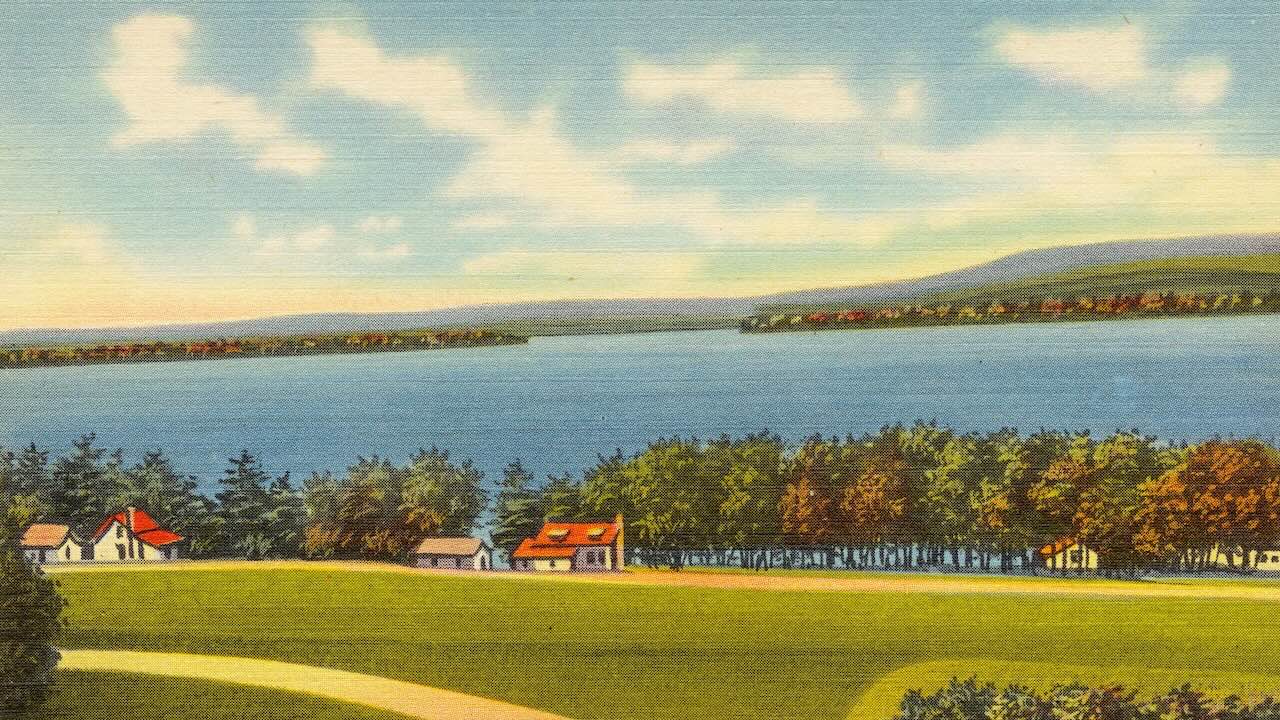
E.B. White’s essay, Once More to the Lake, first published in 1941, describes his experience as he revisits a lake in Maine. In this journey, White delights in childhood memories associated with the lake. Instead of viewing the lake as it is, he uses his childhood eyes to perceive it. This condition creates an interesting departure from reality toward what he wants to see based on his childhood experiences. E.B. White’s Once More to the Lake shows the value of permanence amid changes in one’s life.
E. B. White’s experience brings him to the lakefront. He focuses on the unchanged things despite the changes in the lake’s surroundings and the changes in his life. White wants to emphasize permanence, or at least the permanence of things in his memory, despite the never-ending series of changes happening around him. Some things may not change, such as the thought of a person, the feelings that one has toward other people, and the longing for something. E.B. White shows that the lake, as a body of water, is unchanged, but this may be only in his own perception. It is possible that the lake has already changed when he arrives as an adult at the lakefront, but his perception of the lake does not change. This perception and the associated emotions do not change, as he still likes what he sees and feels.
White’s Once More to the Lake also indicates that there are some changes at, on, or around the lake. For example, when he arrives, he wishes to enjoy being at the lake once again, but becomes bothered by the noise of the new boats that have noisier engines. As White continues his story, it is indicated that he has a liking for old engines. This liking started from his childhood. Indicating personal preference in the essay, White does not like the new engines and the noise they make. However, this dislike could be due to his desire and expectation to see boats with the old engines that he saw in his childhood.
At the lakefront, White’s perception switches between that of an adult and that of a boy. It is arguable that this perception switching mars his adult experience of the lake during the visit. The lake he revisits is already different, but part of his childhood-based perception does not change. His sentiments about the new and noisier engines may be affected by such perception switching. It is possible that the new boats are not really as disruptive or noisy as White portrays – It is just that he is used to the old engines. This altered perception of reality makes his claims about the new boats subjective and not necessarily real.
E.B. White’s lake is a symbol of the role of permanent physical spaces in personal development. For example, the essay shows that the lake serves as a setting for familial interactions in the author’s past. Also, the lake serves as a venue for reflection. When White goes back to the lake, its permanence facilitates his reflection of change and development. The lake, with its permanence, helps him think back and develop a better understanding of his current situation.
E.B. White’s essay, Once More to the Lake, supports the idea of the necessity of permanence in life. Even though the lake has changed over the years, it remains a lake that the author can visit. His visit to the lake represents his desire to be there. The lake stands as a reminder of his childhood experiences. The lake’s permanence helps anchor White in his life.
Reference
- White, E. B. (2016). Essays of E. B. White. Perennial.